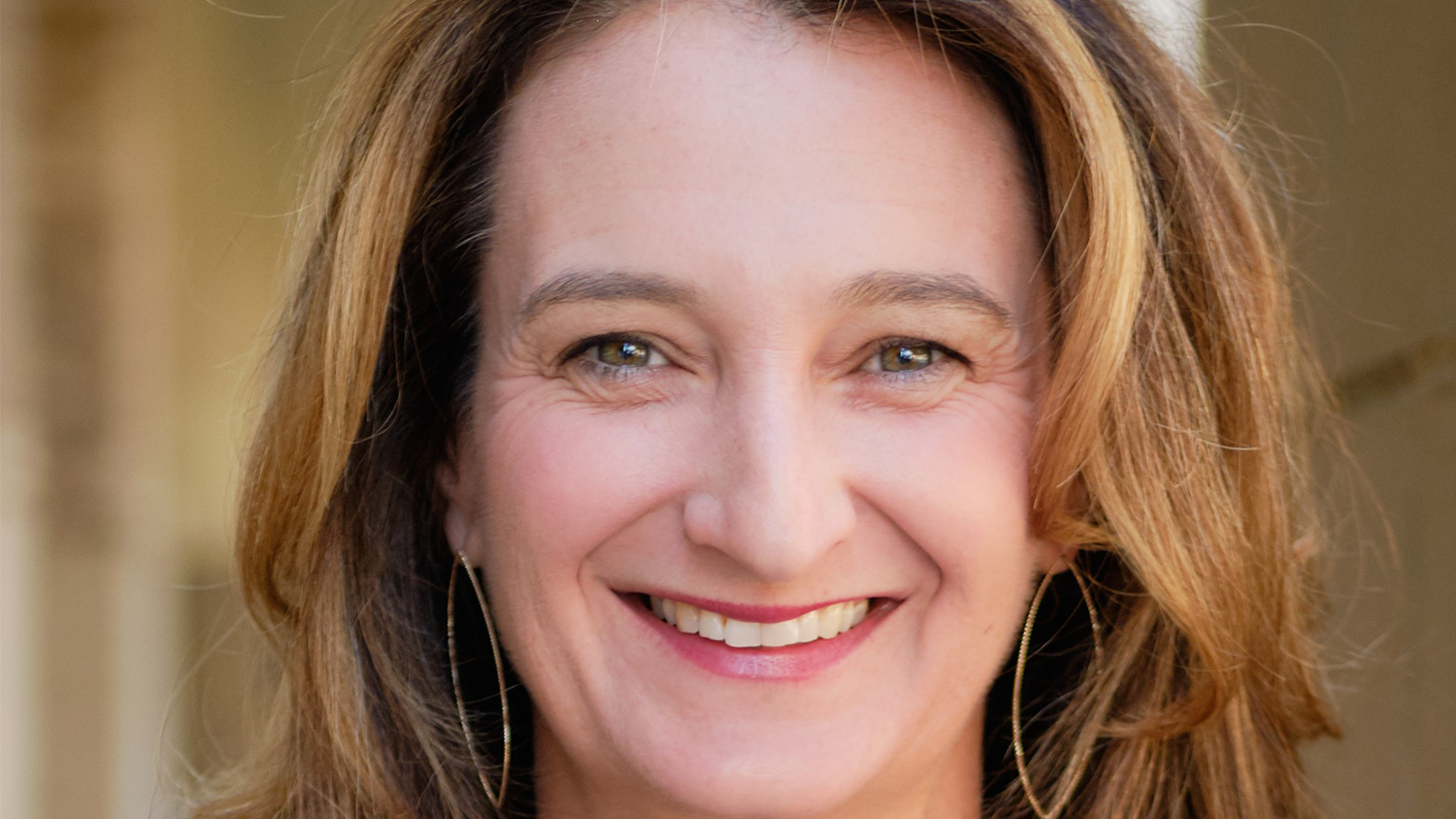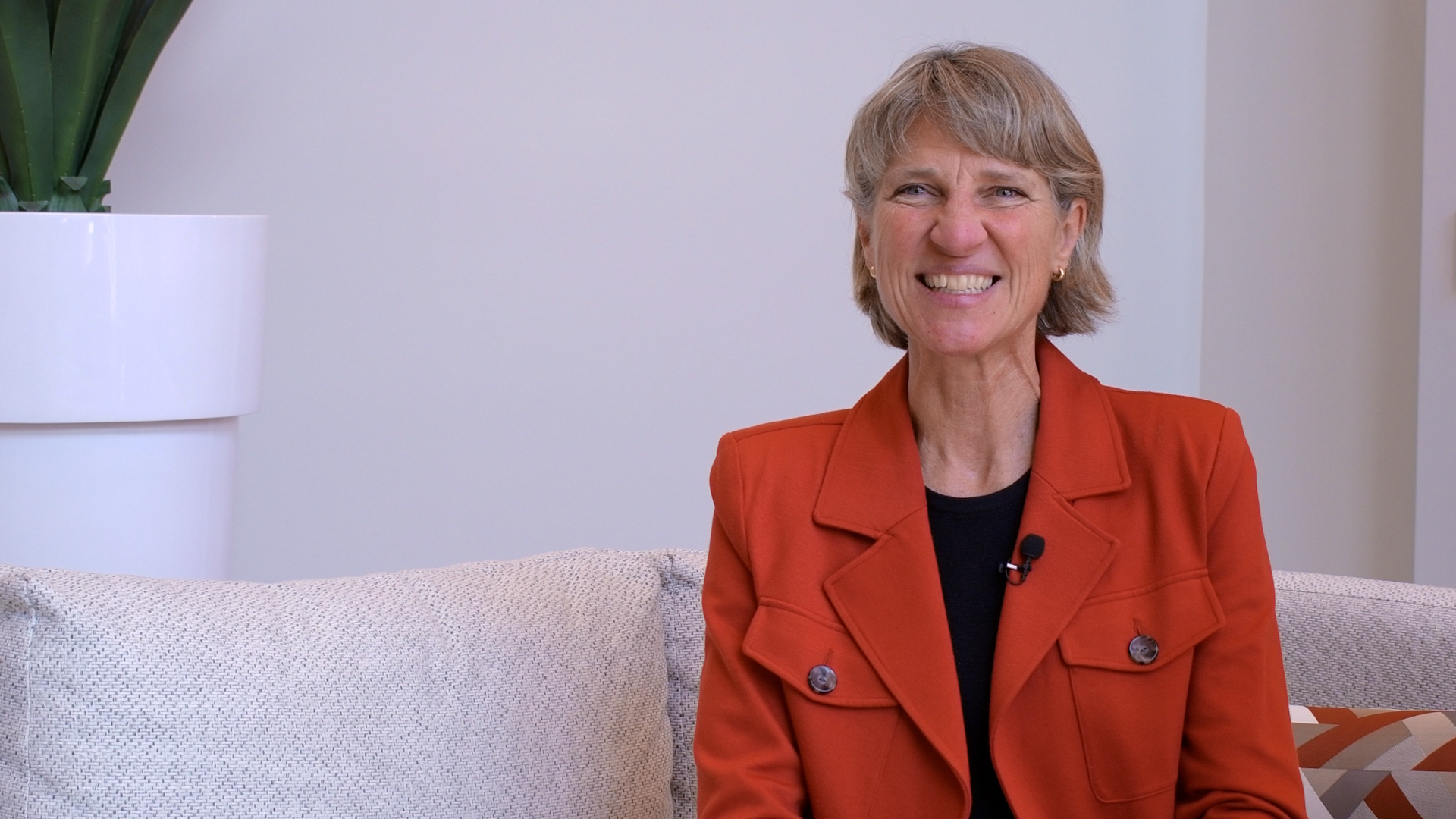New Book from Associate Professor Meghan Manfra Guides Teachers Through the Cycle of Action Research

NC State College of Education Associate Professor Meghan Manfra, Ph.D., is helping practicing and pre-service teachers understand how to engage in action research that spans the educational ecology in a recently published book.
Action Research for Classrooms, Schools, and Communitiesis a research methods text that provides an overview of action research as an educational research methodology by synthesizing relevant literature and providing a step-by-step approach to engaging in the cycle of action research.
By engaging in action research, Manfra notes that teachers will have opportunities to both learn about themselves and contribute meaningfully to the knowledge base in educational research.
“The traditional approach to educational research has always been that an outsider studies classroom practice. What is very different and paradigm shifting about action research is that we’re relying on insider knowledge to help us understand what’s happening and what works,” she said.
The book emphasizes a middle ground between practical action research — which involves studying an everyday classroom issue to improve teaching and learning — and critical action research — which goes beyond daily practice to emphasize social change. By taking this approach, practitioners are able to consider how education can be impacted by the larger context of a school or community environment.
[spotlight-box label=”” img=”” heading=”Teachers College Record” cta=”Learn More” url=”https://www.tcrecord.org/Content.asp?ContentID=23609″]One year after the book was published, Teachers College Record shared a positive review of Meghan Manfra’s Action Research for Classrooms, Schools, and Communities, saying the book “has the potential to become a worn text in any action researcher’s library, specifically those researchers inquiring about educational policy and school reform.”[/spotlight-box]
The book highlights the impact of these action research studies through vignettes, including one about a fourth-grade teacher who noticed that many of her students were leaving school 30 minutes before dismissal.
As part of her action research study, the teacher set aside time to interview students about their views on school and what motivates them to learn, hoping she could encourage more kids to remain in class for the entire day. What she discovered, however, was that students were not leaving because they were disinterested in what was happening in the classroom. They were being checked out early by parents who wanted to ensure they were able to secure a bed for the night at the nearby homeless shelter, which opened at 3 p.m.
“What I’ve found through working with teachers is that even a practical problem or practical action research study can often lead to really critical outcomes,” Manfra said. “When teachers engage in this type of research, their projects become more critical in scope and also have to take into account the social and cultural contexts of schooling.”
To help teachers engage in action research, the book provides a step-by-step guide to each of the five steps — problem posing, action, observation, reflection and sharing — in the action research cycle. In addition, each chapter includes guiding and reflection questions, web-based resources and practice activities that Manfra has used in her own courses.
The book also includes a series of “shortcuts” intended to help teachers who are new to action research begin the practice in a simple way, such as by keeping a daily journal to reflect on what happens in the classroom.
“If you’re not able to do a full action research study, recording what’s happening in the classroom and why you think it’s happening is one way to get into that cycle of reflection and inquiry. It’s adding one more thing to a teacher’s already busy day, but it does seem to be really fruitful for improving educator effectiveness,” Manfra said.
Three Takeaways from Action Research for Classrooms, Schools, and Communities
- Practitioners should find a middle ground between practical and critical action research: “The day-to-day issues of practice cannot be separated from the complex contexts of educational systems. Exploring the seemingly mundane may reveal critical sociocultural issues. Often, both practical and critical concerns are interwoven across the classroom, school and community contexts.”
- Change is the desired outcome of an action research study: “This change may include changing craft knowledge, changing educational practices and changing the culture of schooling. By its very nature, action research is defined by change.”
- Action research can help all stakeholders make more informed decisions: “By reporting their findings to policy makers at the local, state and national levels, action researchers have an opportunity to shift the educational ecology. This work has profound importance for both the individual practitioner-research and the educational community as a whole.”
- Categories:


